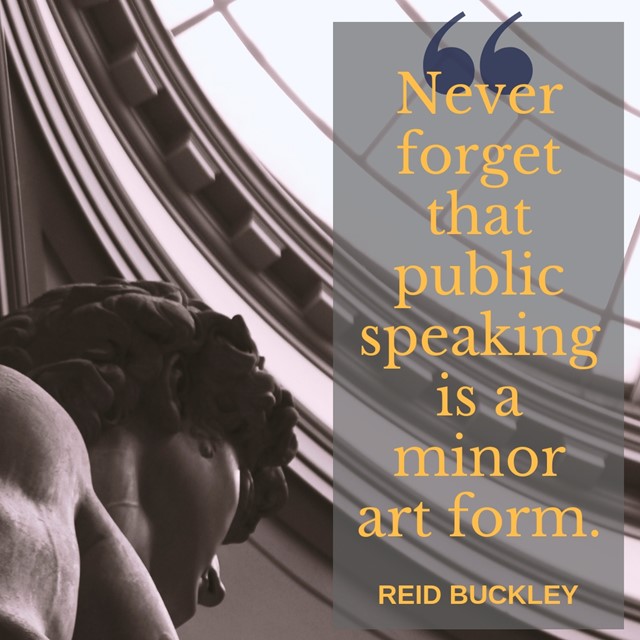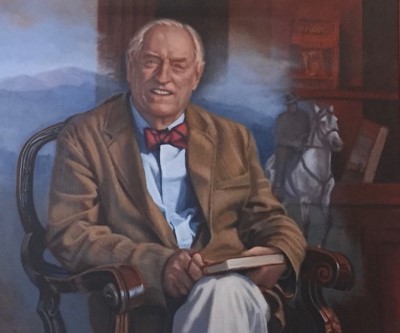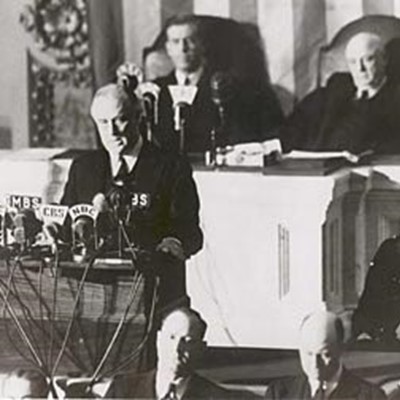
Thirty years ago, The Buckley School launched its flagship program and our founder Reid Buckley published his first book on public speaking. To mark the anniversary this year, we’re featuring public speaking tips and instructional excerpts from that book—"Speaking in Public: Buckley’s Techniques for Winning Arguments and Getting Your Point Across," with the occasional faculty note.
We're wrapping up the year with one last excerpt from Speaking in Public. Here are the book's closing paragraphs on public speaking:
From Chapter 10
Into the Tank My Bullies: A Grab Bag of Useful Tips
The Art of Public Speaking
Never forget--and this is my last exhortation--that public speaking is a minor art form. It is a performance. As after any performance, when a speech is done a body should feel thoroughly wrung out--elated, moody, bone tired--if one has done a good job.
It's like coming to the end of a long piece of work, an architectural plan, a market survey, a book. One has performed. One has pitched intellect and temperament to their highest levels, to the limit of one's capacity.
Above all, the public speaker must be entertaining. He has been invited to give the audience a good time.
 A portrait of Reid, painted by his son Claude Buckley, that hangs in our school in Camden, S.C.
A portrait of Reid, painted by his son Claude Buckley, that hangs in our school in Camden, S.C.
There was a schoolteacher back in the 1860s in my adopted town of Camden--a dour Scot schoolteacher called Leslie McCandless. Almost every evening of the week, he would walk to the house of another Scot, McRae by name, a fellow with a reputation for being every bit as dour, and irascible besides, drink two whiskies with him, and leave. They never exchanged ten words.
This went on for years. One evening, McRae complained irritably to his guest. "McCandless, I do believe the only reason you come to visit me is to drink my whiskey!"
To which McCandless replied, "Why the hell else would anyone come to visit you?"
And why should anyone come to listen to a speaker if he is not entertained?






